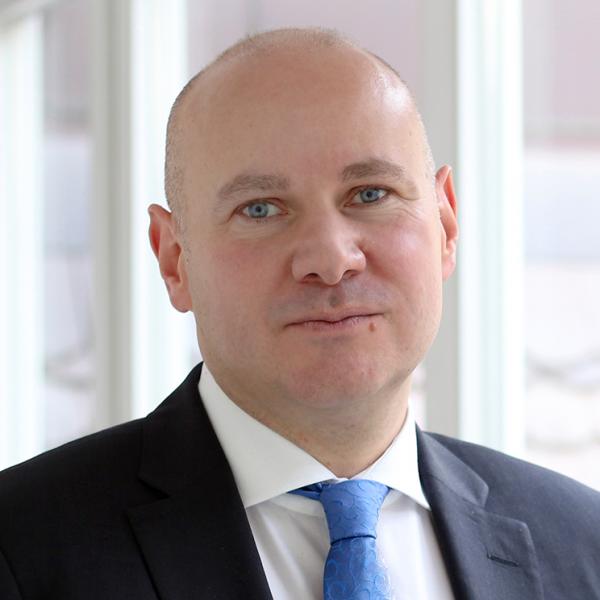Expert Report on Sector Specific Regulation with Regard to the Market for Access to the Public Telephone Network at a Fixed Location
Project period: October 2016 - April 2017
Research Areas:
Tasks
In a first part of the study, we aim to analyse, quantify and show the substitutive rela-tionship between Call-by-Call (CbC)/Carrier-pre-Selection (CPS) and potential alterna-tives in the area of Voice-over-Internet (VoI), on basis of fine-grained regional data.
In a second part we analyze a new, innovative product, "Magenta Zuhause - Hybrid", offered by Deutsche Telekom since late in 2014, and analyze whether it constitutes a (qualitative) bottleneck, regarding Internet-access speeds. Based on these results we ask whether the hybrid product has a pull effect, i.e. whether Deutsche Telekom is able to gain (new) customers due to the product.
Methodology
Our empirical approach in the first part is based on the idea that the essential alternative services and products to CbC/CPS rely on access to internet or mobiles. In case these products were substitutes, CbC/CPS users in regions with better competitive infrastructure should be more likely to give um CbC/CPS.
To analyze whether the hybrid product has a pull effect we take advantage of the idea that this should show in a respective effect on the number of customers while at the same time controlling for competitive infrastructure, as customers in regions with better competitive infrastructure should be more likely to give up their fixed-line access in general. Only in case the potentially positive effect of hybrid on the number of customers outweighs a potential negative effect of competitive infrastructure, we would speak about a pull effect.
Data and other sources
Deutsche Telekom AG, Bundesinstitut für Bau-, Stadt- und Raumforschung, Destatis.
Results
We find strong indication of CbC/CPS customers generally being willing to switch away from Deutsche Telekom throughout all age groups and regions, as they react to the availability of competitive infrastructure. The change in providers of CbC/CPS customers is especially noteworthy, as this also means they lose the ability to use CbC/CPS. This underlines the loss of importance of CbC/CPS.
The hybrid product shows to be especially prevalent in areas where switching to other providers (e.g. to a cable provider) is a threat. This is to say that it is not specifically prevalent in areas where there are no alternative providers. We find high market penetration of the hybrid product especially in areas that are well equipped with competitive infrastructure. However, in these areas Deutsche Telekom can only hold, respectively gain, customers to a small extent.
